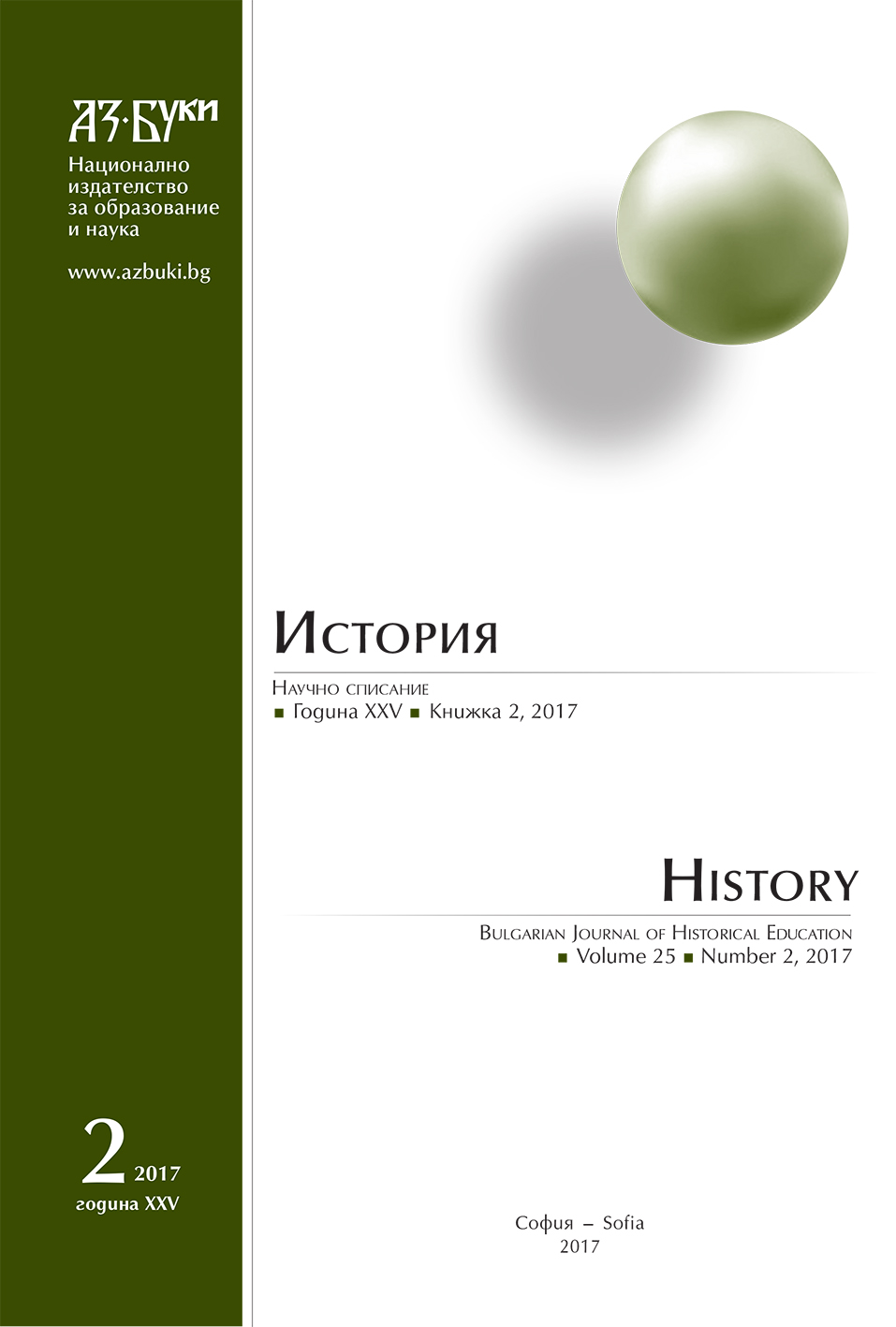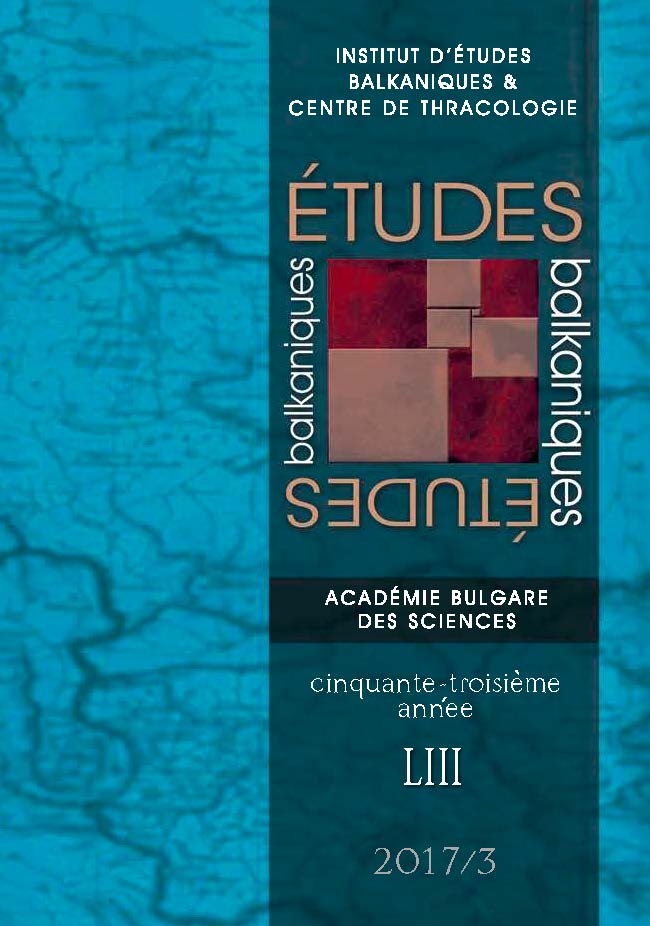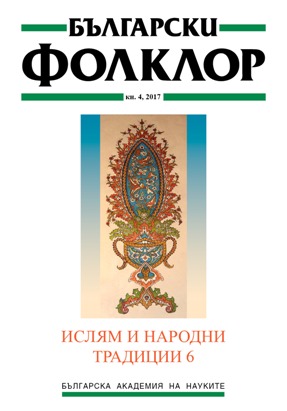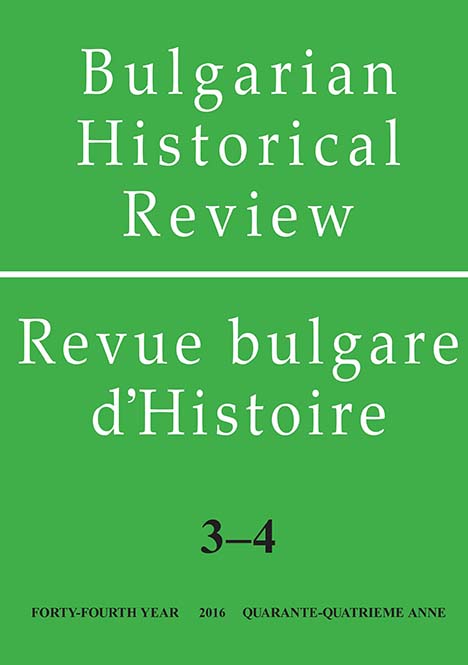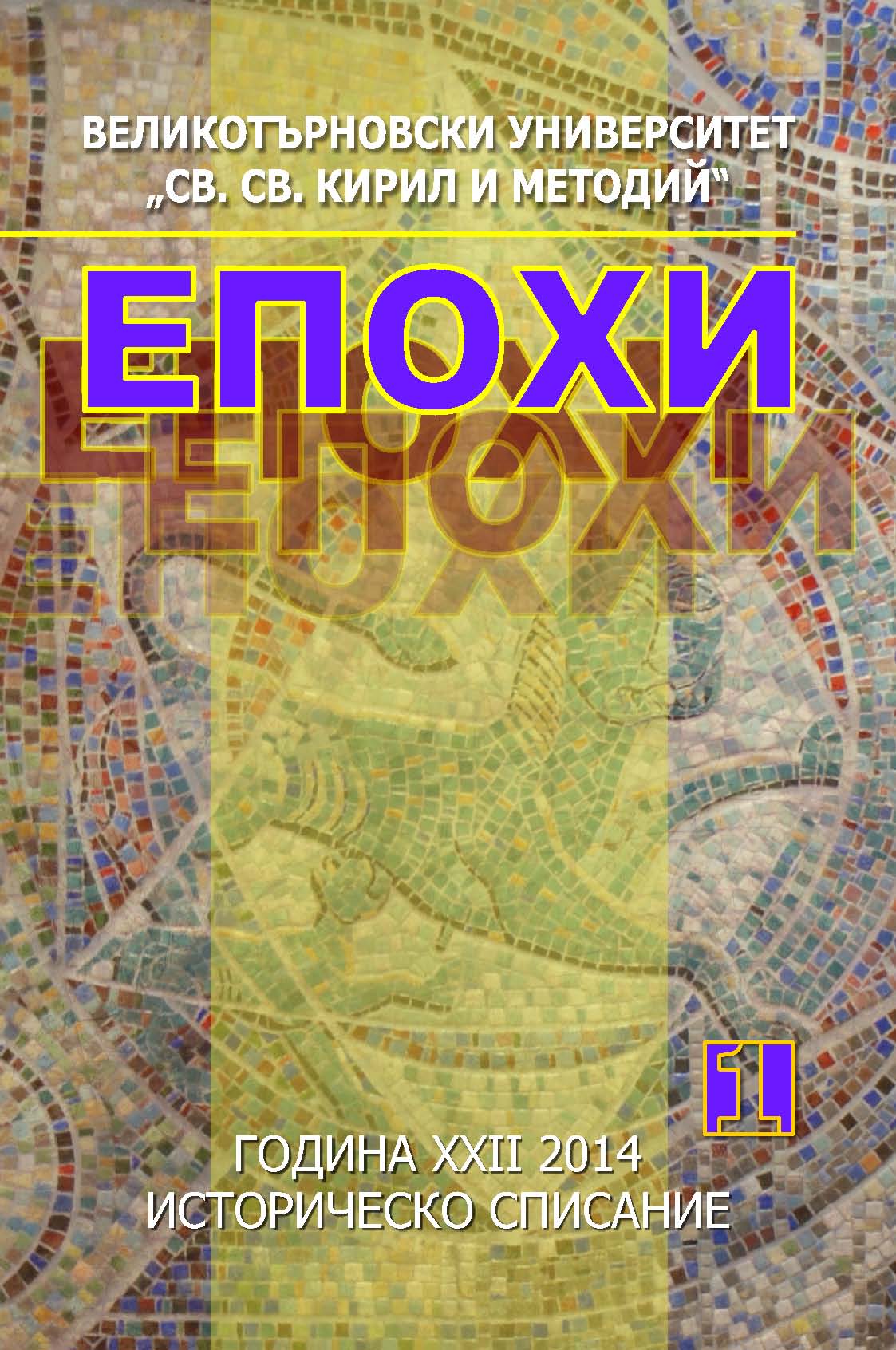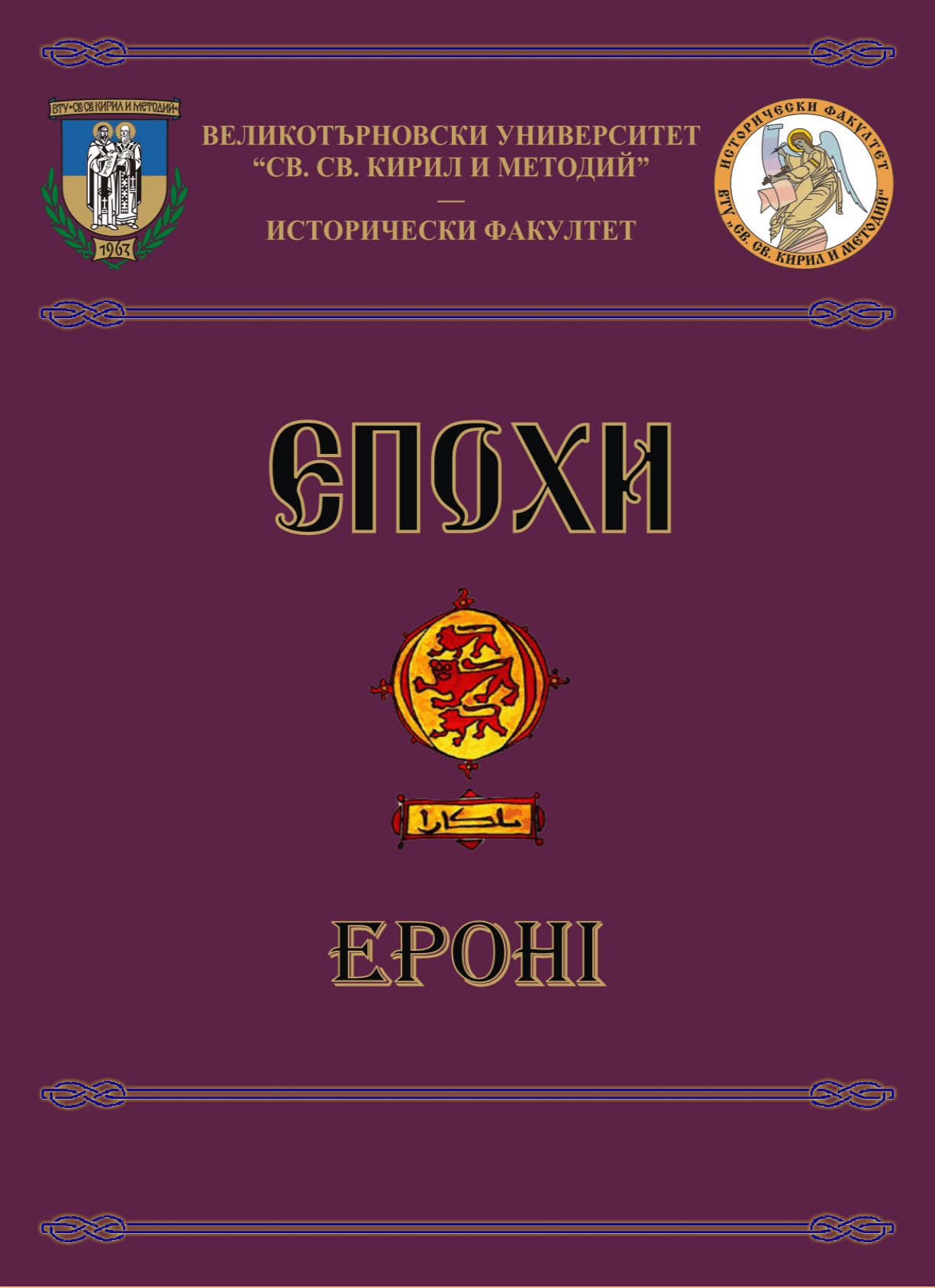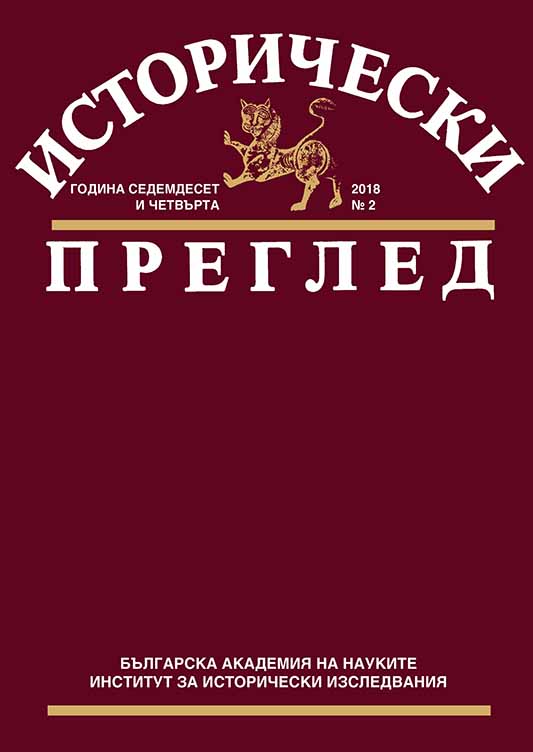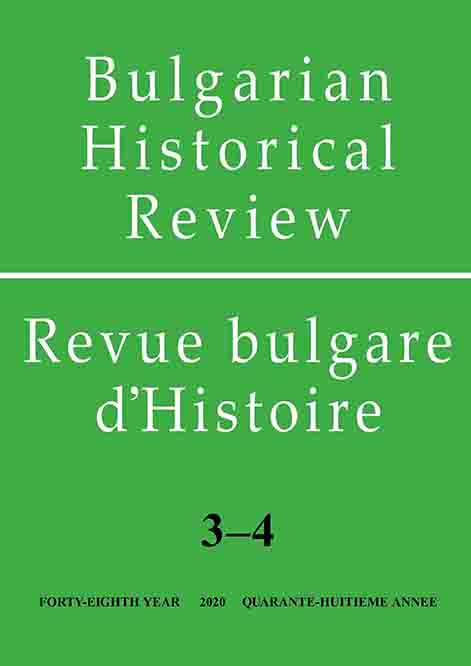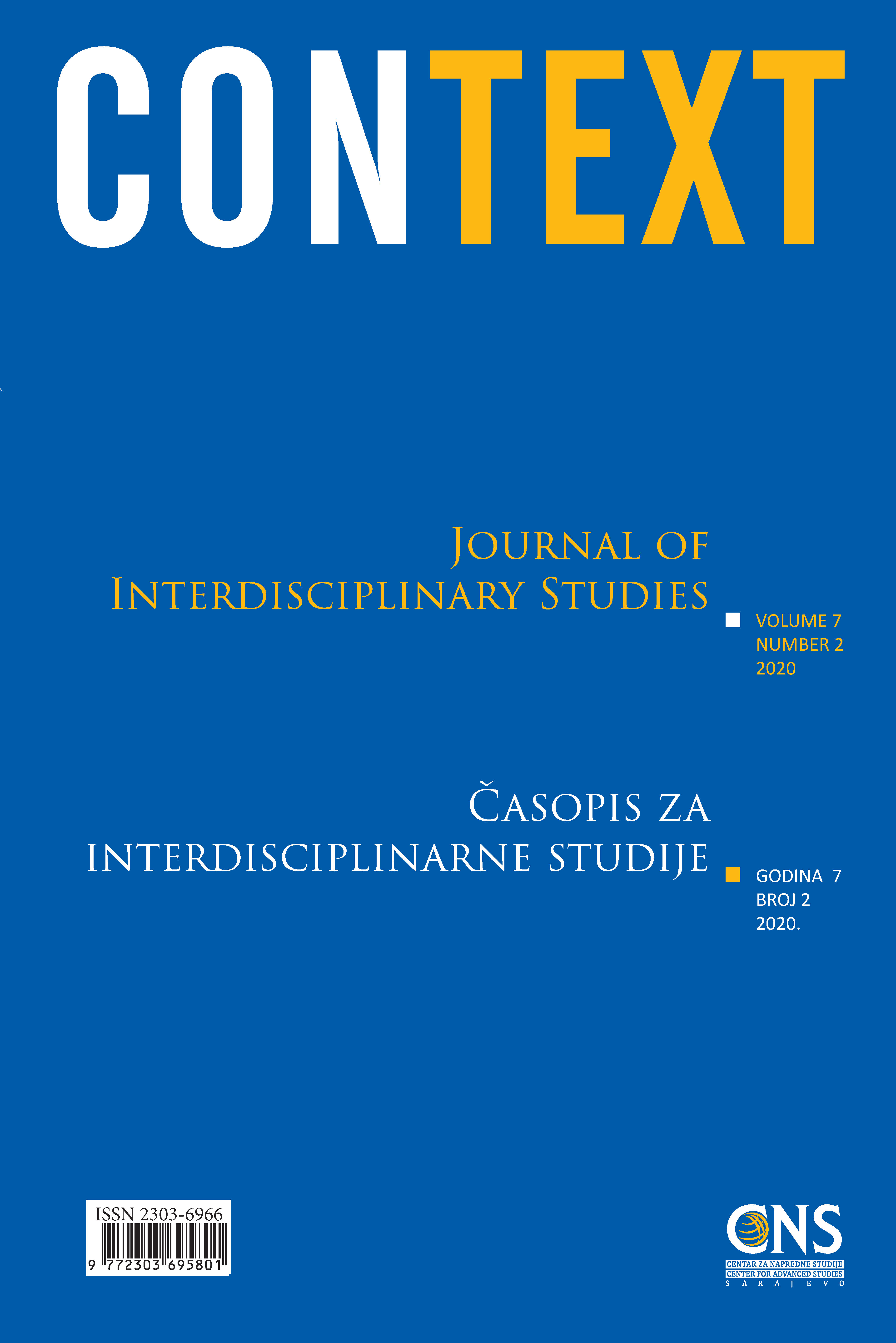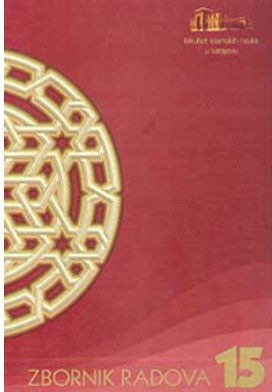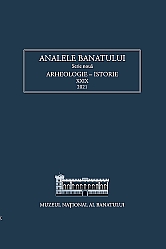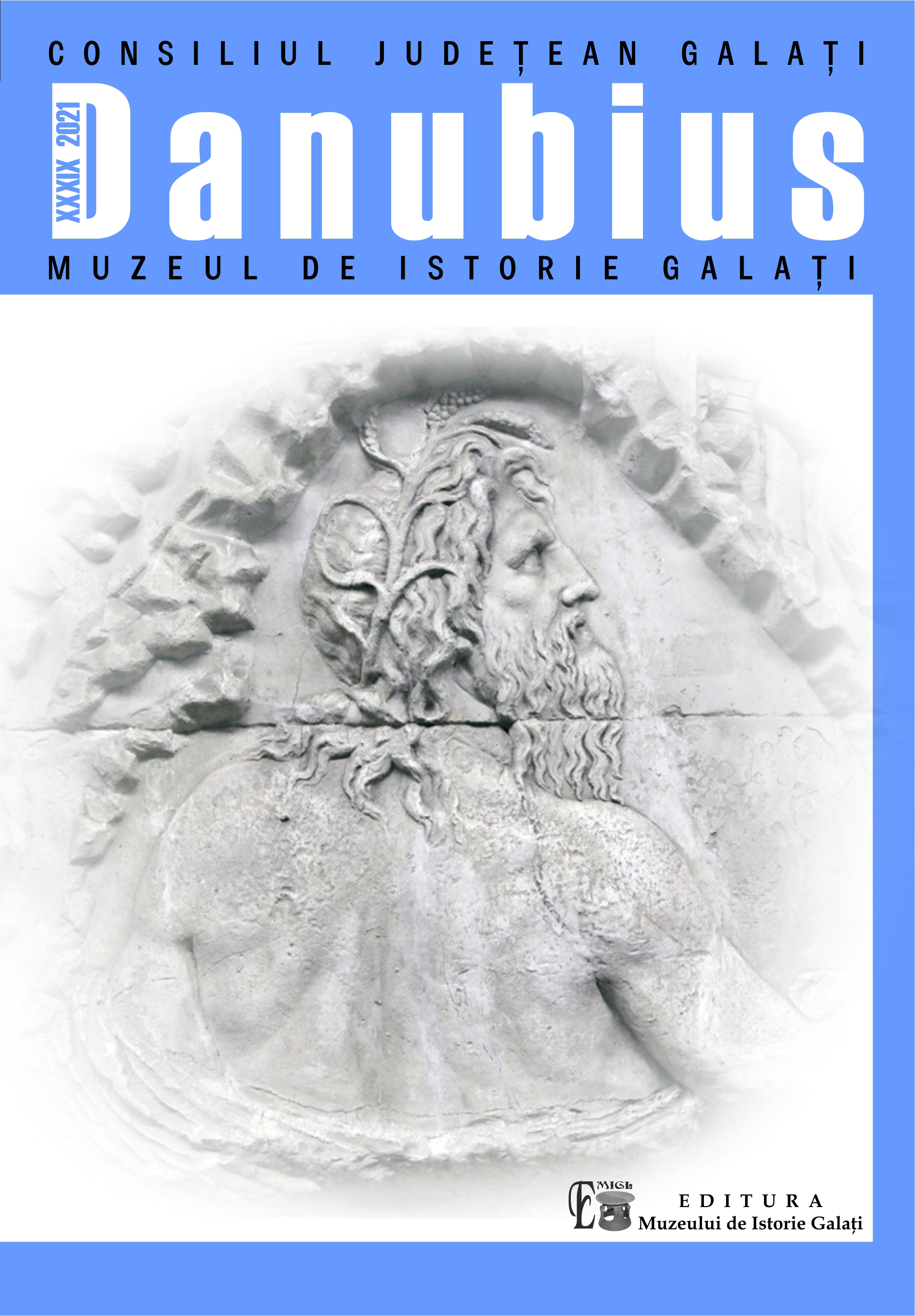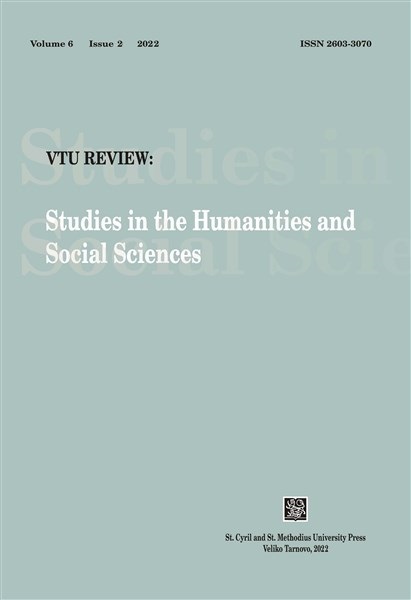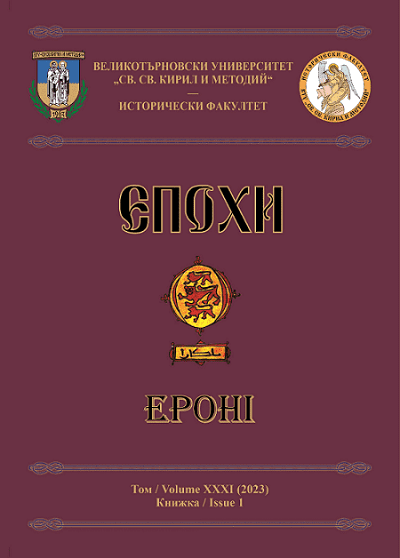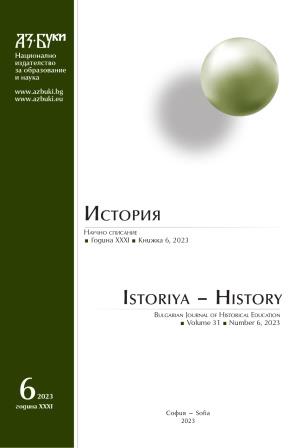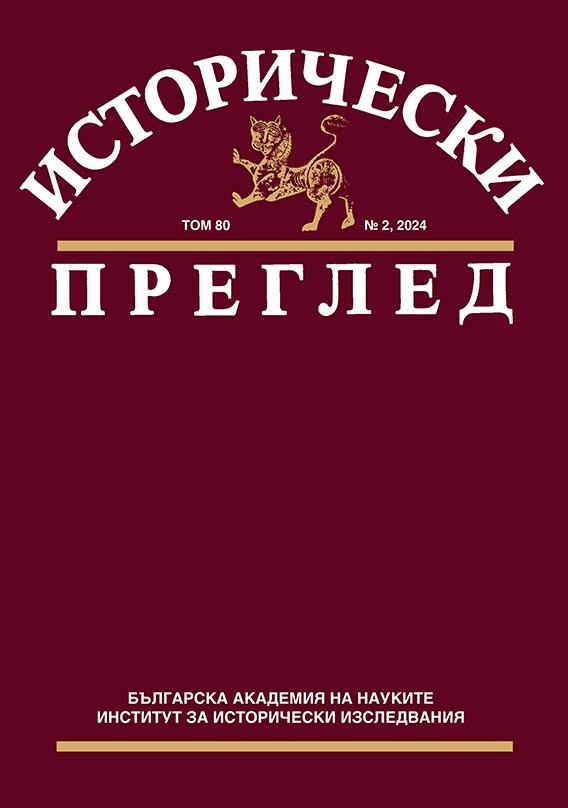Author(s): Dimitar Yordanov Dimitrov / Language(s): Bulgarian
Issue: 2/2016
Byzantine society had very complex relations with the Islamic Eastern neighbors. Islam, to be sure, started and continued to be menace for Byzantium for the all long eighth centuries they used to coexist. However, Byzantine society needed a certain period of time to accept Islam as another religion, standing against Christianity in the East. After the first Byzantine revenge acts against Judaism a long tradition was formed with two main streams. The first of them envisaged Islam as a demoniac pseudo-religion (or anti-religion), the second being milder and ready to accept the Islamic neighbors not as a whole, but rather as different states, culturally not so different from Byzantium, with diplomacy playing role for keeping balance in the East. Thus, the Byzantine Real politik appeared as a phenomenon, what provoked crusaders to accuse Byzantium as being traitor to the Christian cause in the East. In that context should we pose the interesting incident at the end of Manuel I Komnenos’ reign (1143 – 1180). Both Church and society were provoked by the decision of the Emperor to lift up the anathemas against Allah from the trivial ritual of denouncing Islam. This formula was used generally by Muslims who converted to Christianity for whatever reason. Manuel sent twice tomoi for approval, provoking no less than an angry reaction in the Church and society. Thus, two main concepts made a stand against each other, a more traditional one and another, more practical, political, if not to say tolerant. For Manuel and his followers, who were not missing, as we know from Choniates, the doctrine of Muhammadwas just a deviation, untrue enough, of the unified Biblical tradition implying, anyhow, the existence of one and only God, Creator of the world. His opponents, Choniates being definitely among them, refused even to listen to such an interpretation. This radically harsh view on Islam corresponded with the anathemas against Islam in Choniates’ Treasure of Orthodoxy. Although in that particular case Choniates took side with the traditional opposition against the Emperor, in his History he used to be more delicate observer of Muslims, especially when comparing them with the Latins who became “champions” of his wrath.
More...

